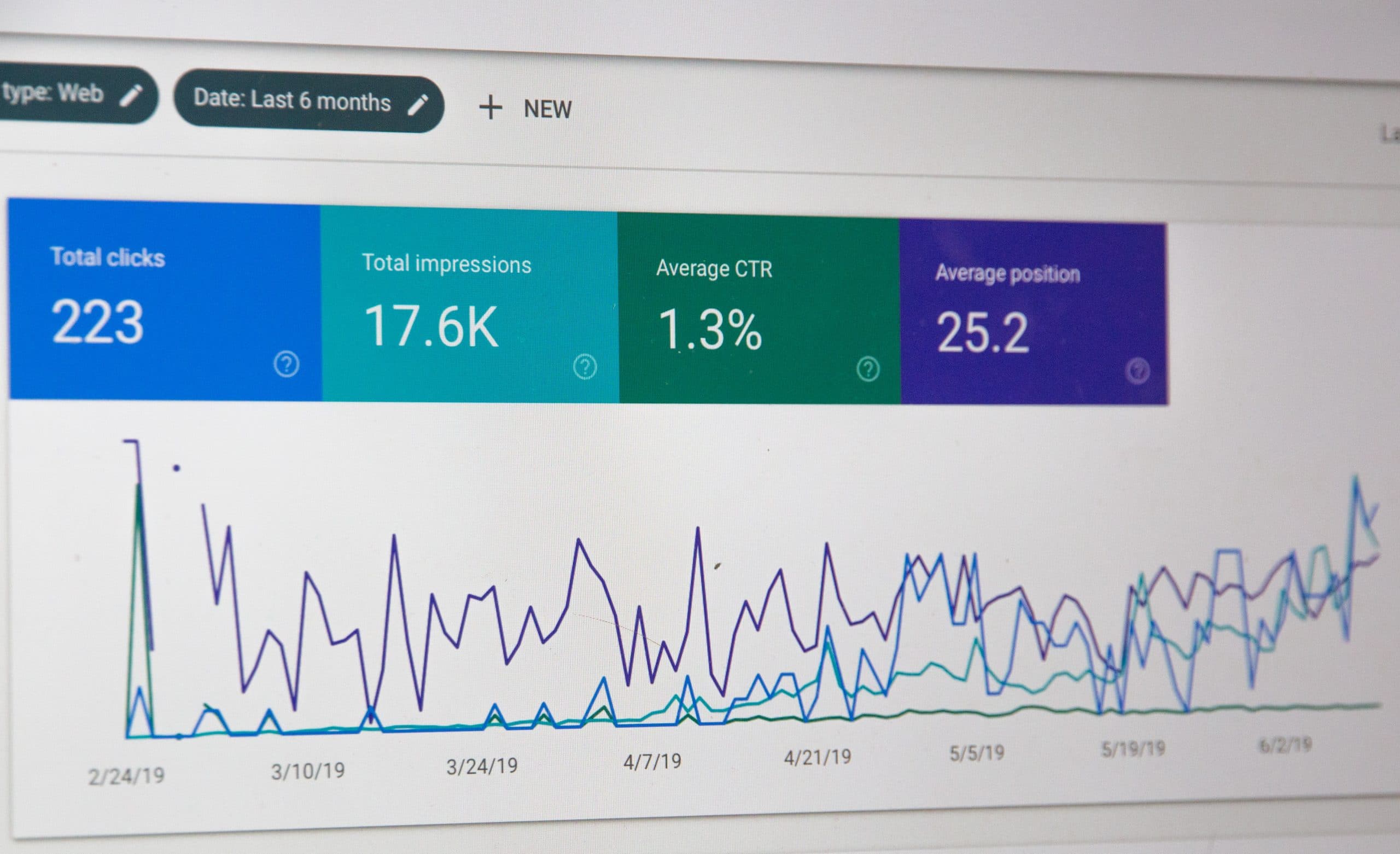In a previous article, I argued that the Internet is not free, and therefore we should not treat it as such. In Part II, I want to argue about the value of personal data.
Former Intel CEO Brian Krzanich once argued that data is the oil of the 21st century. That is, in the same way that that oil created and sustained new industries in the 20th century, so will data in this century. While an imperfect analogy, the overall correlation holds true. Data is the new raw material that businesses are mining to uncover value. To be more precise, personal data is one of the most valuable assets a company can have.
Why is this so? Markets are changing, and so are the relationship between business and customers. For decades, businesses tried to create products that would sell to the most people. In an age of e-commerce, 3D printing, and customization, creating a successful product does not cut it anymore. The successful business is the one that can tailor its products and services to specific needs of ever smaller groups of customers. This is no longer about niche marketing, but one-to-one targeting. That is understanding the unique need of an individual customer, and when and how to sell them a product or service.
In fact, products and service themselves are becoming obsolete. Instead, businesses are now talking about customer experience. For companies to succeed in this environment, they must create compelling personalized experiences that meet the unique needs of each customer.
While this trend is more pronounced in the business world, it is also expanding into other sectors of society. Consider the disruption happening in education at the moment. Even before COVID-19, the traditional teacher-classroom model is being challenged on all sides by online learning, inverted classrooms, and self-learning programs. Political campaigning is becoming more narrowly targeted on its message to voters. Governing and policy making are becoming more data-driven.
The very foundation for this trend, apart from the technologies that enabled customization, is personal data. Only by knowing their customer’s personal data can a business meet the demands of one-to-one selling. Personal data is what drives the move to online education and customized learning programs. Personal data is also what enables political campaigns to make their candidates relevant to groups with very diverse needs.
Only by knowing their customer’s personal data can a business meet the demands of one-to-one selling.
Given this knowledge, how shall we handle our own personal data? First of all, just like the Internet is “free,” giving your information to any online platform is also a financial transaction. Beware of giving out your email to sites that do not respect your privacy, or if you are not getting value from that exchange. That does not mean staying completely anonymous online. It does mean that a site must earn your information by providing something valuable in exchange.
Second, when it comes to social media, be mindful of what to share and what not to share. Apart from the considerations of security, know that providing too much detail about your life is giving rich data to the platform. That may be valuable to you if doing so increases your network and creates an audience for your message. Yet, on a personal level, consider the costs of having your private life in a public place for all to see.
Third, because of its value, spread your data among different platforms. No single platform should have a complete picture of your personal life.
By following these three simple recommendations, you can start treating your personal information for what it is: a valuable commodity. This is the world we live in. Learn to navigate its opportunities and its dangers by being mindful of where and with whom your share your data.
Reality Changing Observations:
1. How often do you give out your email to get access to sites? Are those exchanges valuable to you?
2. What do you think about companies using your data for business purposes? What are the advantages and disadvantages of this practice?
3. Should governments use personal data to make policy decisions? Why or why not?





